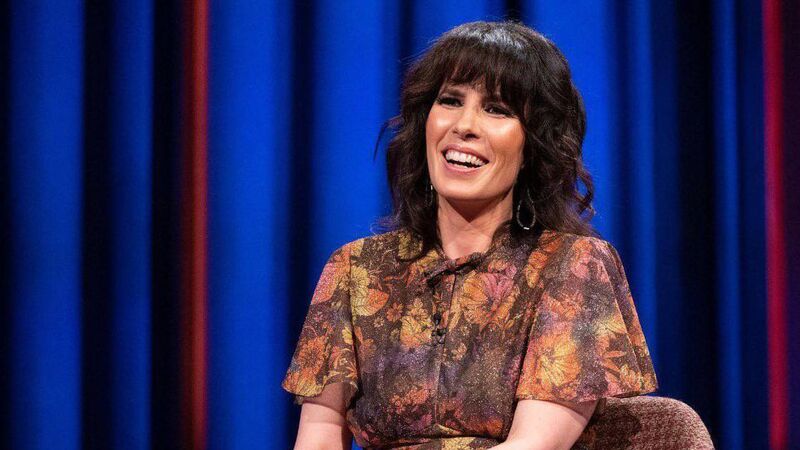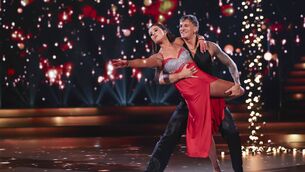Tommy Tiernan Show: Annmarie O’Connor on Parkinson’s and why she is ‘not a victim’

Annmarie O'Connor on the Tommy Tiernan Show
Irish Examiner Fashion Editor Annmarie O’Connor was the first guest on Saturday night’s Tommy Tiernan Show and she spoke passionately about her experience with Parkinson’s disease.
O’Connor was diagnosed with Parkinson’s in December 2021 and shared her story in the Irish Examiner last year, detailing her symptoms, diagnosis and life since then.






